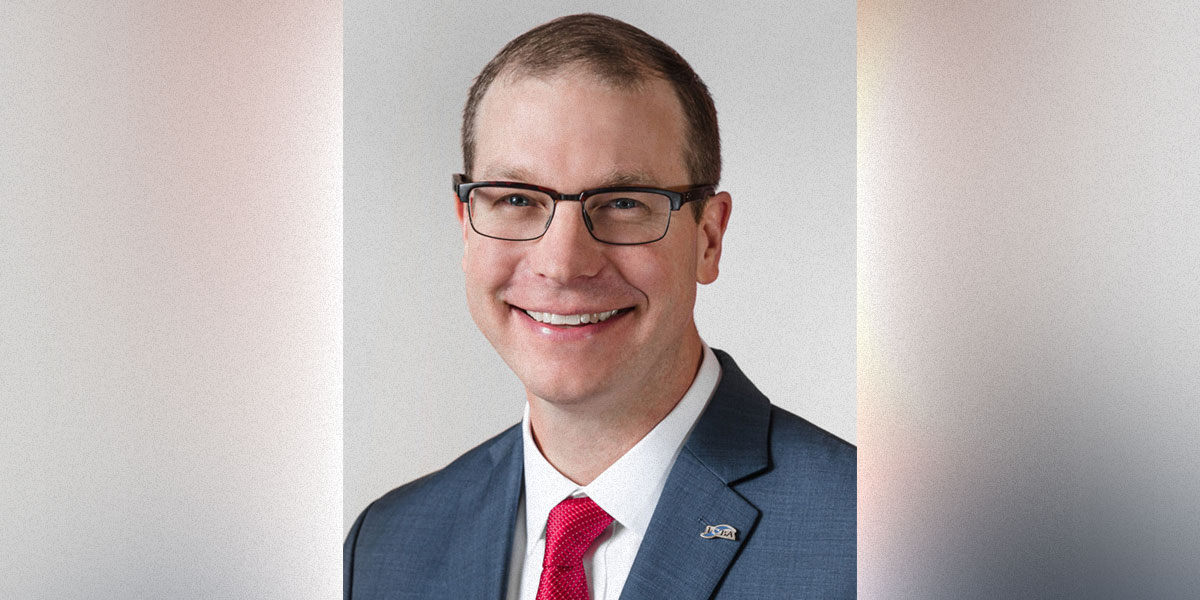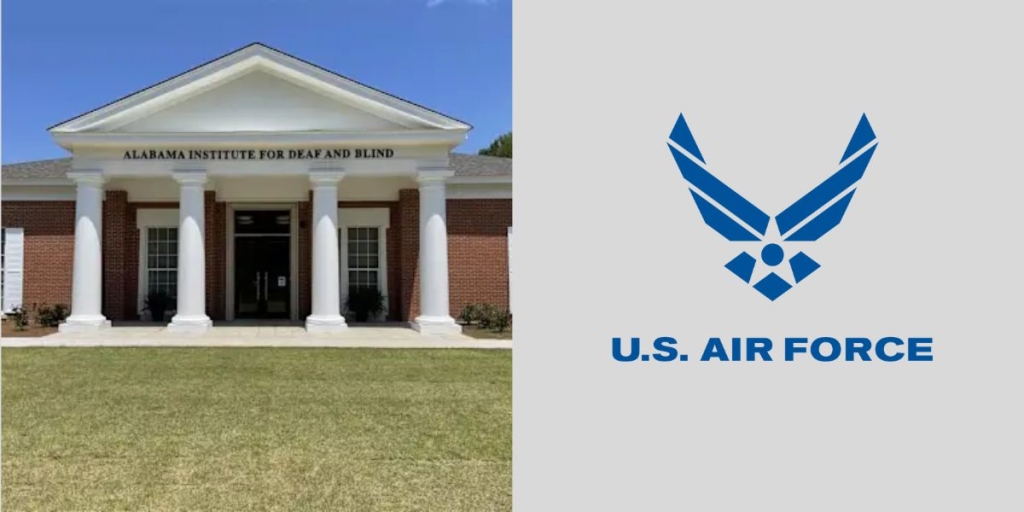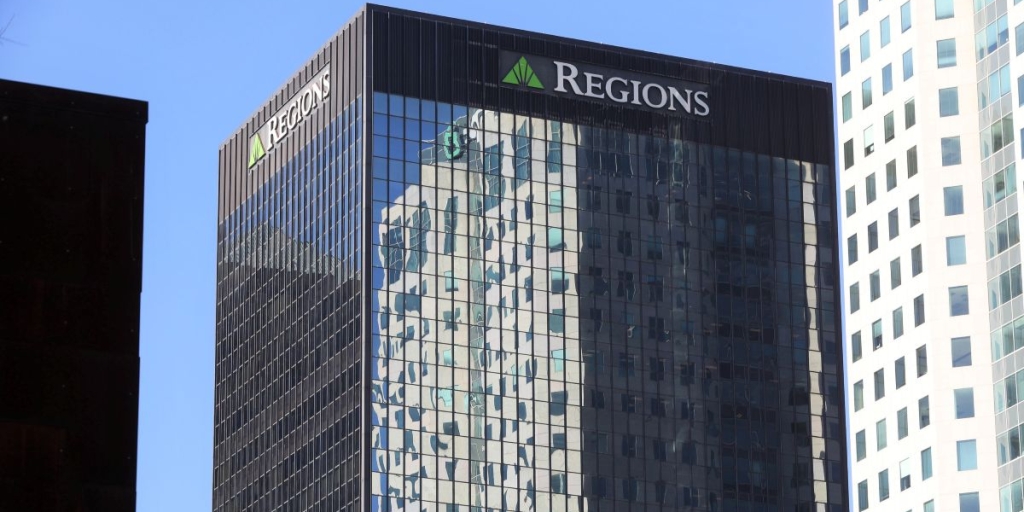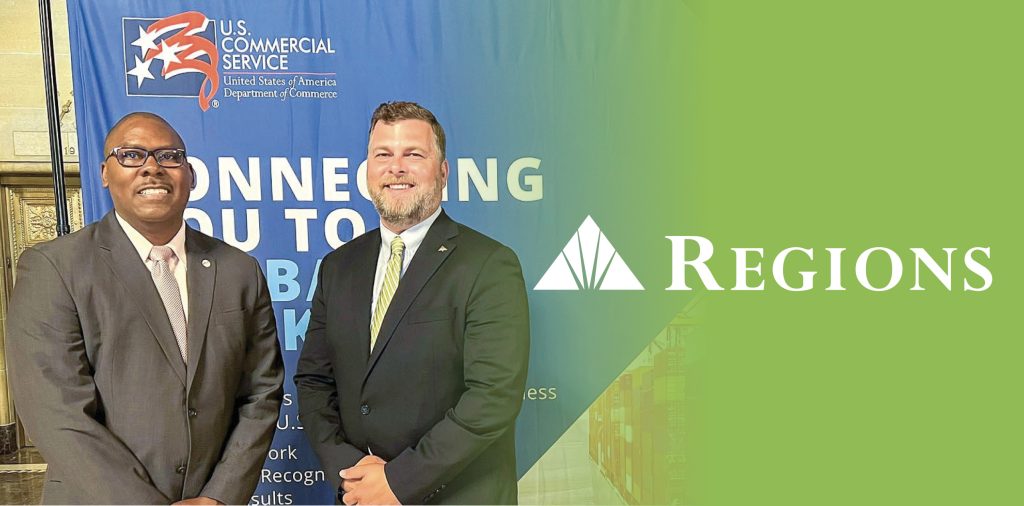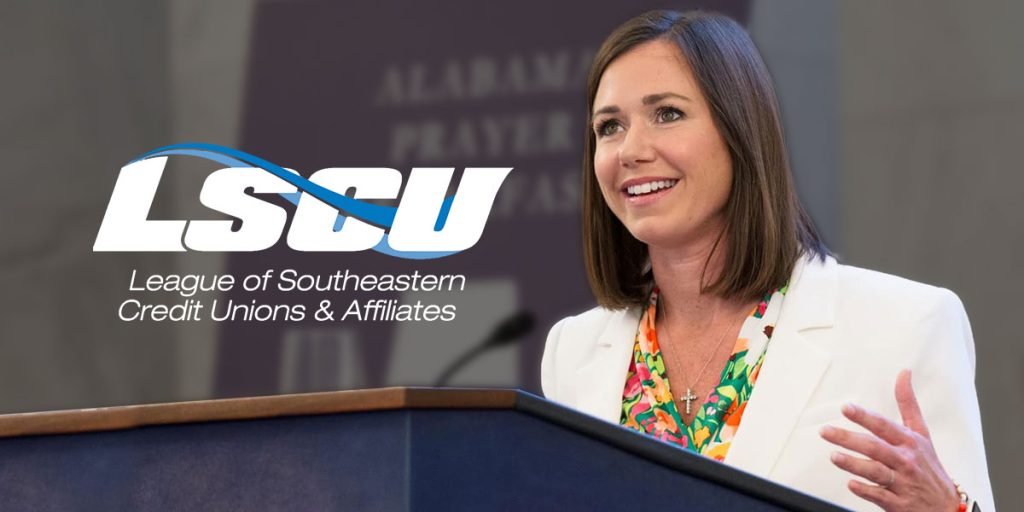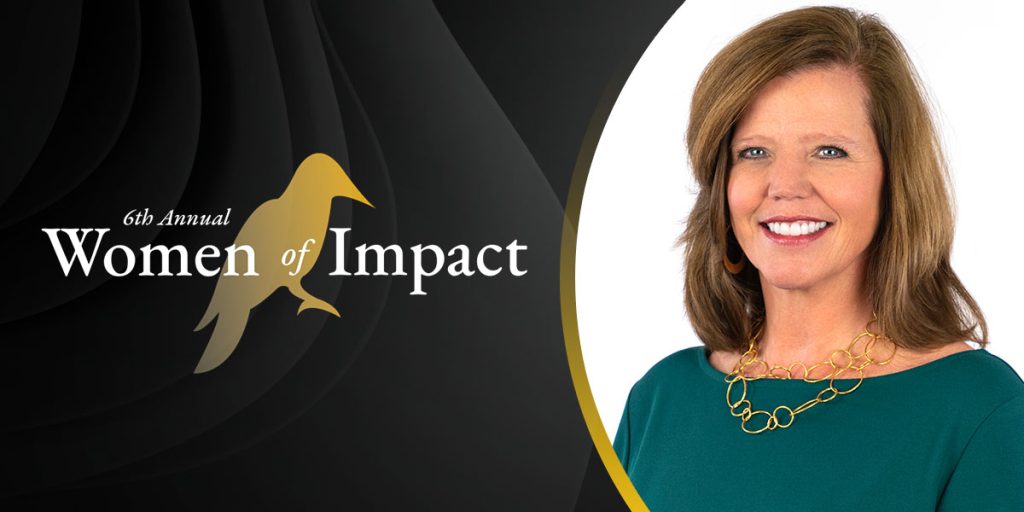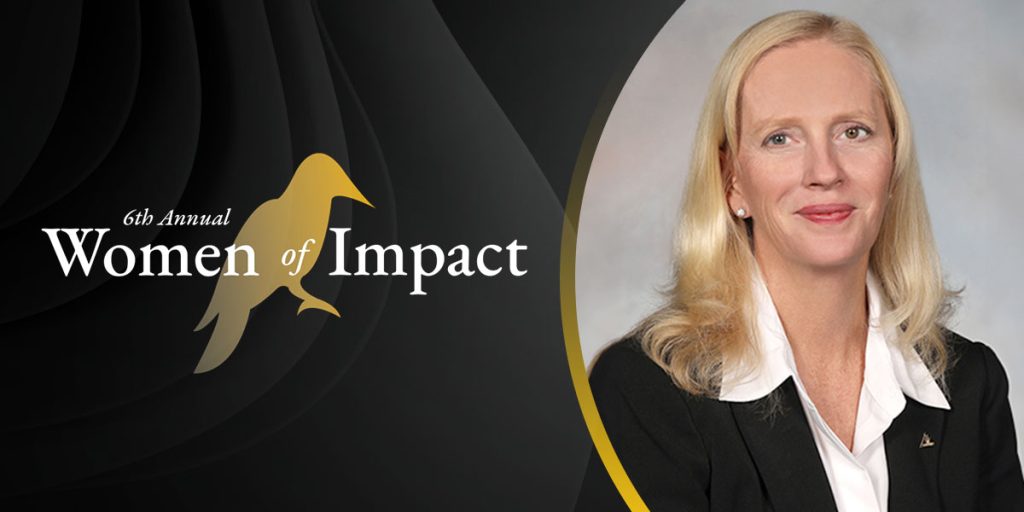Brad Bolton, Red Bay native and vice chair of the Independent Community Bankers of America (ICBA), spoke with Yellowhammer News regarding what he described as a “strong” state of community banking in Alabama.
Bolton serves as president, CEO and senior lender for Community Spirit Bank in Red Bay. He serves in multiple leadership capacities at ICBA. He is a member of the ICBA executive committee and board of directors, and is vice chairman of the federal delegate board. He serves on ICBA’s policy development committee and is the executive committee liaison to the safety and soundness committee and the mutual bank council.
In addressing some concerning issues that are facing independent banking, Bolton touched on the emergence of increased mergers and acquisitions (M&A) as larger banks and credit unions purchase smaller, community-oriented banks in large numbers.
“There’s been a lot of M&A activity that’s out there but the community bank model is still strong and can survive in an M&A-type market,” he said.
The Red Bay City Council member noted that credit unions are able to do this due to the federal tax benefits they enjoy, which is not applied to banks.
“Credit unions who are tax-exempt are now buying taxpaying community banks, which is a great concern for us from the state and national level,” Bolton said. “We’ve had a couple of those even in our own state to come in and buy taxpaying community banks,” he went on to note further differences between local banks and credit unions.
Bolton warned of the decreasing government revenue that has resulted in the buyout climate fostered by what he sees as unfair tax application.
“Community banks are taxpayers at the local, state and national level,” the banker advised. “In fact, banks paid over $12 billion in taxes last year and the credit union industry paid zero. Any time a credit union comes in and buys a taxpaying bank, you lose the local tax revenue, state and national.”
He noted that community banks are subject to the Community Reinvestment Act, whereas credit unions are not, which Bolton says places the industry on an unlevel playing field. He said the ICBA has taken their concerns to Congress, noting that they are happy to compete with any institution in the nation, but they wish to do so on an even playing field.
Bolton told Yellowhammer News that U.S. Reps. Jerry Carl (R-Mobile), Mo Brooks (R-Huntsville), Barry Moore (R-Enterprise) and U.S. Sen. Tuberville (R-AL) have cosponsored the Enhancing Credit Opportunities in Rural America act, which he said would lower interest rates on certain farm and home loans.
ICBA is the only national advocacy organization that exclusively represents community banks. He further touched on additional legislative advocacy that the ICBA has partaken in of late.
According to Bolton, the ICBA is attempting to advocate for community banks being able to conduct business with cannabis-related companies without fear of retribution from the federal government by promoting for the passage of the SAFE Banking Act.
The ICBA is also pushing back against a proposal advocated by the IRS and Treasury Department that he says “would seek to have we community bankers and other community banks across this country to police the activities of our customers and turnover their information on transactions $600 or more.” He cited customer privacy concerns as well as the staffing that it would take to undertake this.
Bolton touted the role independent banks are able to play in the lives of people residing in local communities. He stressed that the personal relationships fostered at community banks can not be replicated at larger, corporate institutions.
“Truly, that separates us as community bankers is that we do serve main street. And that’s what ICBA helps represent, we who serve main street, not wall street. [I] always say that we work, we serve, we worship and we play with members of our communities, not because of regulations, not because of sales goals, but we do it because [it] builds better communities and because we’re accountable to the customers in the communities in which we serve.”
He added, “As an independent community bank I truly believe that we are the voice of so many farmers small business owners and consumers that maybe don’t have a voice.” He said the pandemic put this on full display as community banks served over 60% of all PPP loans that saved over 33 million jobs.
He spoke of the customer experience at his bank, saying, “[W]e’re accessible, we’re responsive and we’re accountable. That goes from the CEO to the frontline teller. If a customer calls at 9:00 and says their debit card isn’t working, my cellphone number is on our website. That’s the tone I set throughout our organization.” He noted that this customer experience can not be duplicated at so-called “too big to fail” firms.
From the personal touch provided by a local bank to the role it can play in being an economic driving force for the community it serves, Bolton believes consumers recognize the importance of community banking, which he says contributes to the industry’s success.
Bolton concluded, “We have a personal relationship touch, which is what we’re known for and we have the technology to compete with the largest banks in the world. Capital-wise, technology-wise [and] personnel-wise the community banking industry is strong in Alabama.”
It is clear that Bolton holds a true passion for community banking and serving those who reside in his local community. Bolton, a proud Alabamian, has taken his relationship-based approach to small-town banking to the national level as a well-respected leader of the ICBA.
Dylan Smith is a staff writer for Yellowhammer News. You can follow him on Twitter @DylanSmithAL




